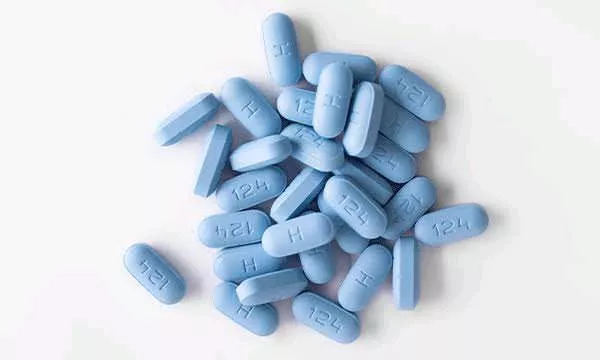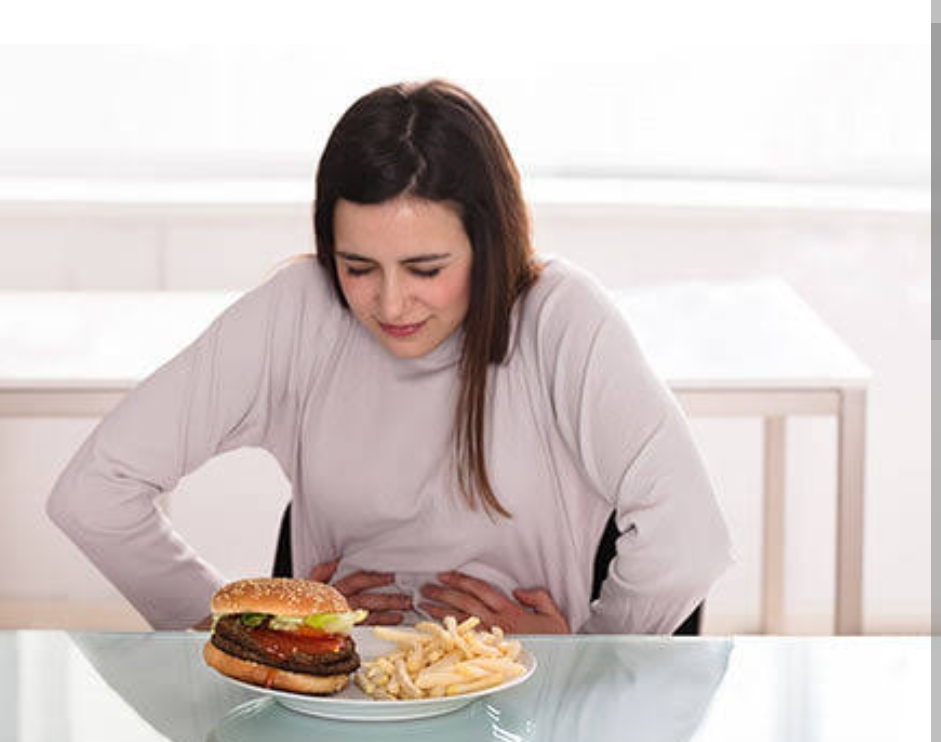PEP, or post-exposure prophylaxis, is a drug regimen that can be taken after a person has been exposed to HIV in order to prevent the virus from taking hold in their body. PEP is often prescribed to healthcare workers, first responders, and others who may be at high risk for HIV exposure through their work.
PEP typically involves taking a combination of antiretroviral drugs for 28 days, which work to prevent the virus from replicating in the body. It is important to start PEP as soon as possible after exposure, ideally within 72 hours, in order to maximize its effectiveness.
PEP is not 100% effective at preventing HIV transmission, but it can significantly reduce the risk of infection. It is also not a substitute for other HIV prevention methods, such as using cóndoms or pre-exposure prophylaxis (PrEP) for individuals at ongoing risk of exposure.



